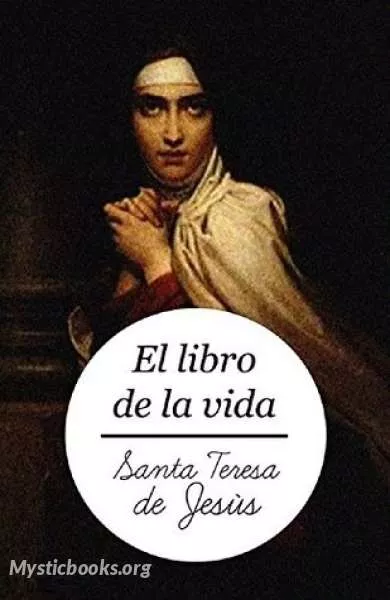
El Libro de la Vida
'El Libro de la Vida' Summary
The Autobiography was written in different stages and probably with varying intentions, but the final version was produced in 1562-1566. The Saint wrote it under the direction of her confessors, and it was intended for a small religious circle. The work covers her life until the age of 50, and was written during one of the most difficult periods of her life. In the first chapters Saint Theresa presents a good deal of autobiographic information about her family, her childhood, and how she entered the religious life. Interspersed throughout the book are other episodes of this type: her descriptions of Saint Peter of Alcantara, whom she knew personally, and the process that led to the foundation of the first reformed monastery of Saint Joseph in Avila, are among the most memorable. But for the most part the Autobiography describes her spiritual progress and mystical experiences, as well as her views and practice of prayer, written in her analytical and highly sincere style. For this reason the work has been called “an introspective autobiography”. It stands, as do all her other works, among the most remarkable treasures of the mystical literature of the Catholic Church.
Book Details
Language
SpanishOriginal Language
SpanishPublished In
1588Authors
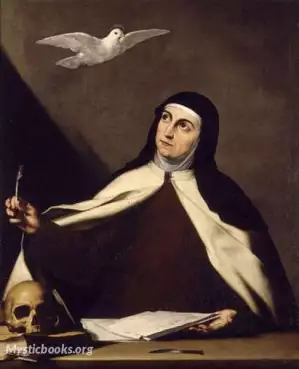
Santa Teresa de Jesus
Spain
Teresa of Ávila, born Teresa Sánchez de Cepeda y Ahumada, also called Saint Teresa of Jesus , was a Spanish noblewoman who felt called to convent life in the Catholic Church. A Carmelite...
Books by Santa Teresa de JesusDownload eBooks
Listen/Download Audiobook
- Select Speed
Related books

Sons and Lovers by D. H. Lawrence
Sons and Lovers is a 1913 novel by the English writer D. H. Lawrence, originally published by Gerald Duckworth and Company Ltd., London, and Mitchell...
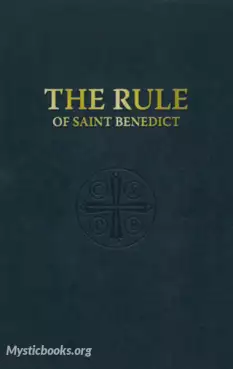
The Rule of St. Benedict by Saint Benedict of Nursia
The Rule of Saint Benedict (Regula Benedicti) is a book of precepts written by St. Benedict of Nursia for monks living communally under the authority...

Is the Bible Worth Reading and Other Essays by Lemuel Kelley Washburn
This collection of essays by Lemuel Kelley Washburn, a prominent American freethinker and editor of the *Boston Investigator*, delves into various asp...
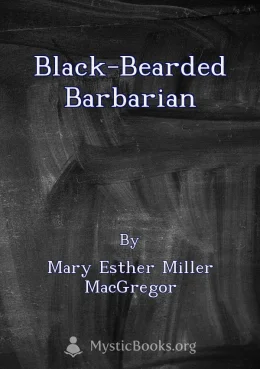
Black-Bearded Barbarian by Mary Esther Miller MacGregor
This fictionalized biography chronicles the life and work of George Mackay, a Presbyterian missionary who dedicated his life to evangelizing and servi...

Annie Besant by Annie Besant
Annie Besant's autobiography recounts her journey of self-discovery and spiritual awakening. Growing up in a Christian environment, she gradually aban...
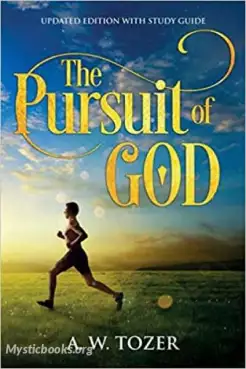
The Pursuit of God by A.W. Tozer
"As the heart panteth after the water brooks, so panteth my soul after thee, O God." This thirst for an intimate relationship with God, claims A.W. To...
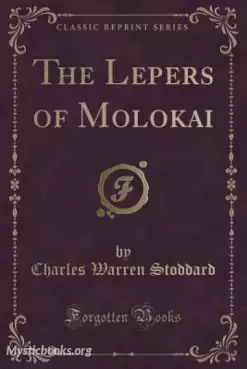
The Lepers of Molokai by Charles Warren Stoddard
This is the story of the lepers of Molokai and of the Roman Catholic missionary, Father Damien, who ministered to those who languished in that desolat...
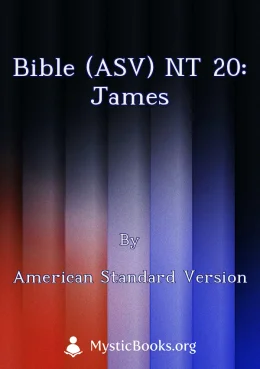
Bible (ASV) NT 20: James by American Standard Version
The Epistle of James is a book in the Christian New Testament. The author identifies himself as James (James 1:1), traditionally understood as James t...
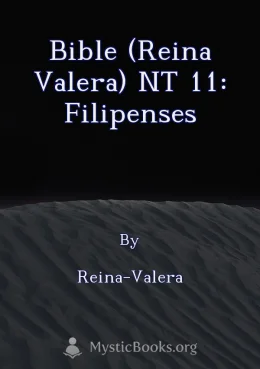
Bible (Reina Valera) NT 11: Filipenses by Reina-Valera
This book contains the New Testament book of Philippians written by the Apostle Paul, translated into the Reina-Valera Spanish version. It is a letter...
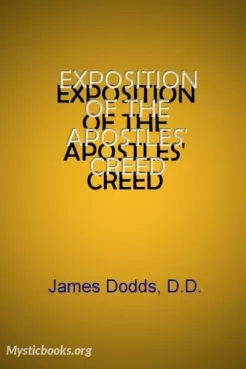
Exposition of the Apostles' Creed by James Dodds
What is the Apostles' Creed, and why does it matter? In his book Exposition of the Apostles' Creed, James Dodds provides a clear and concise explanat...
Reviews for El Libro de la Vida
No reviews posted or approved, yet...